As whispers and chants of “Thank You Jesus” ripple through the plane upon touchdown in Akure, Southwest Nigeria, I know I am home. The humid tropical monsoon air envelopes me, a familiar feeling in the city of my father’s birth, the city that gave me my name, Ayoade, “Joy of the Crown”. Although christened as a royal princess in this realm, the feeling eludes me. I try to conjure up the memory of when I was last here, over three decades past, an occasion to formally present my betrothed to the royal household—I was bringing home my own prince to meet my uncle, the king. He journeyed with me to fulfill his obligations—pay a hefty bride price, offer full prostration, and make promises to love and cherish me. The courtyards of the 900-year-old palace, through which I traversed, witnessing the traditional rites of a royal marriage, remain virtually untouched, starkly contrasting the highways and high-rises sprouting throughout the city. Our last time here was filled with jubilance; we made merry and danced until dawn
A curiosity blooms within me, an anticipation to see the changes that have transpired since my last visit. I am eager to see St David’s Primary School—my father's alma mater, a privilege not granted to his sisters—situated opposite my grandmother's house, the first built by a woman in this area. I recall Akure as a village, with curling woodsmoke rising from open fires at Mama’s modest homestead. We also pass by St David’s cathedral, the final resting place of Mama—a single mother, a trader, and a feminist ahead of her time.
Akure is unrecognizable now, teeming with over 700,000 inhabitants. My husband and I are driving from Akure to Ilesha, a city two hours away to bid farewell to a cherished patriarch who enjoyed the honor of 91 years. Tradition dictates the proceedings won't be hushed or mournful—drums will reverberate, and singing and dancing will fill the air as we usher the old man to join his ancestors. Once more, we will dance into the night, swaying to the live tunes of the legendary King Sunny Ade.
Upon disembarking, armed military escorts await us for the two hour trip to Ilesha. In a nation where insecurity has intensified over the years, where the urban and rural landscapes are riddled with violence, I accept the need for their assault rifles. But this does not mirror the home of my youth, a time when I roamed free and anonymously, darting between market stalls without apprehension, engaging with roadside vendors without a second thought. The escalating frequency of kidnappings and violent acts have unfortunately become a grim reality of daily life.
The wailing sirens unsettle me. As the soldiers lead us through the town, the sirens' lament seems to mourn what we've lost—the opportunities to develop our towns and cities, the innocence once imbued in our streets. In anticipation of unforeseen threats—from bandits to kidnappers—I've packed an extra bag stocked with medication and spare underwear, just in case. Despite my fears of bandits and kidnappers, I am sharply aware of my privilege, being afforded this level of protection.
A yearning fills me as we speed along. I long to run my fingers through the Akure vegetation I haven’t seen or smelled in decades, to haggle with roadside vendors while sharing stories and jests, immersing myself in the local wisdom and banter that accompanies such interactions. However, I cannot stray too far from this fortified compound where the ceremonies will take place.
As I ponder the severe deforestation in Ondo - the state for which Akure is the capital - the loss is staggering. In 2010, Ondo boasted 1.02Mha of tree cover, encompassing over 70% of its terrain. By 2022, it had lost 8.08kha, a figure equivalent to 6.34Mt of CO₂ emissions. From 2002 to 2022, Ondo lost 36.2kha of its humid primary forest, comprising 30% of its total tree cover loss during the same period. The humid primary forest's total area in Ondo diminished by 25% in this timeframe.
I can't help but wonder if my people recognize the magnitude of this change. Do those stoking forest fires or engaging in unsustainable logging practices comprehend that they are not just damaging Ondo, but also contributing to global forest loss - a phenomenon responsible for roughly 10% of global warming? I ponder also what it means to the impoverished farmer or logger, who relies on the forest for survival yet receives minimal government support. They are, after all, on the frontlines of "human-induced climate change," the most extensive, pervasive threat our environment and societies have ever faced, exacting its heaviest toll on the world's poorest countries.
We pass a large billboard, an NGO's stand against Female Genital Mutilation, declaring, "Women Have The Right To Sexual Pleasure." I find solace in such campaigns, but it still hurts to know that in 2023, such advocacy remains necessary to counter harmful traditional practices affecting women and girls.
The remnants of the COVID-19 signage, now largely overlooked, scatter around the town like war debris: footprints on the ground to mark social distance, empty hand sanitiser dispensers, signs advocating face masks. One might think the pandemic was a distant memory. I wonder how many locals, without access to the same diagnostics available elsewhere, contracted COVID and remained oblivious, or are now unknowingly grappling with long COVID. I ponder how many self-medicate or merely wonder why they are constantly fatigued or experiencing memory loss or other curious chronic symptoms they didn’t suffer before COVID.
I wished that the past three decades had shown more kindness to my Akure. As we prepare for the funeral in Ilesha, each elder's passing in the generations before me underscores the importance of memory. As Cassandra Clare insightfully penned, "We are all the pieces of what we remember. We hold in ourselves the hopes and fears of those who love us. As long as there is love and memory, there is no true loss."
Each passing also reminds me that "Ọ̀gẹ̀dẹ̀ bá kú á f'ọmọ rẹ̀ rọ́pò." When a banana tree dies, it's replaced by its sucker. Gradually, but undoubtedly, we are becoming the elders. The onus is on us to craft the memories we desire, to demand better from our leaders, to refuse to accept the status quo of dysfunction and underdevelopment; the status quo that perpetuates cycles of violence in our communities and against women in particular.
What sort of cities and towns will we leave behind for those who will lay us to rest? What memories will we create? We are the elders now.



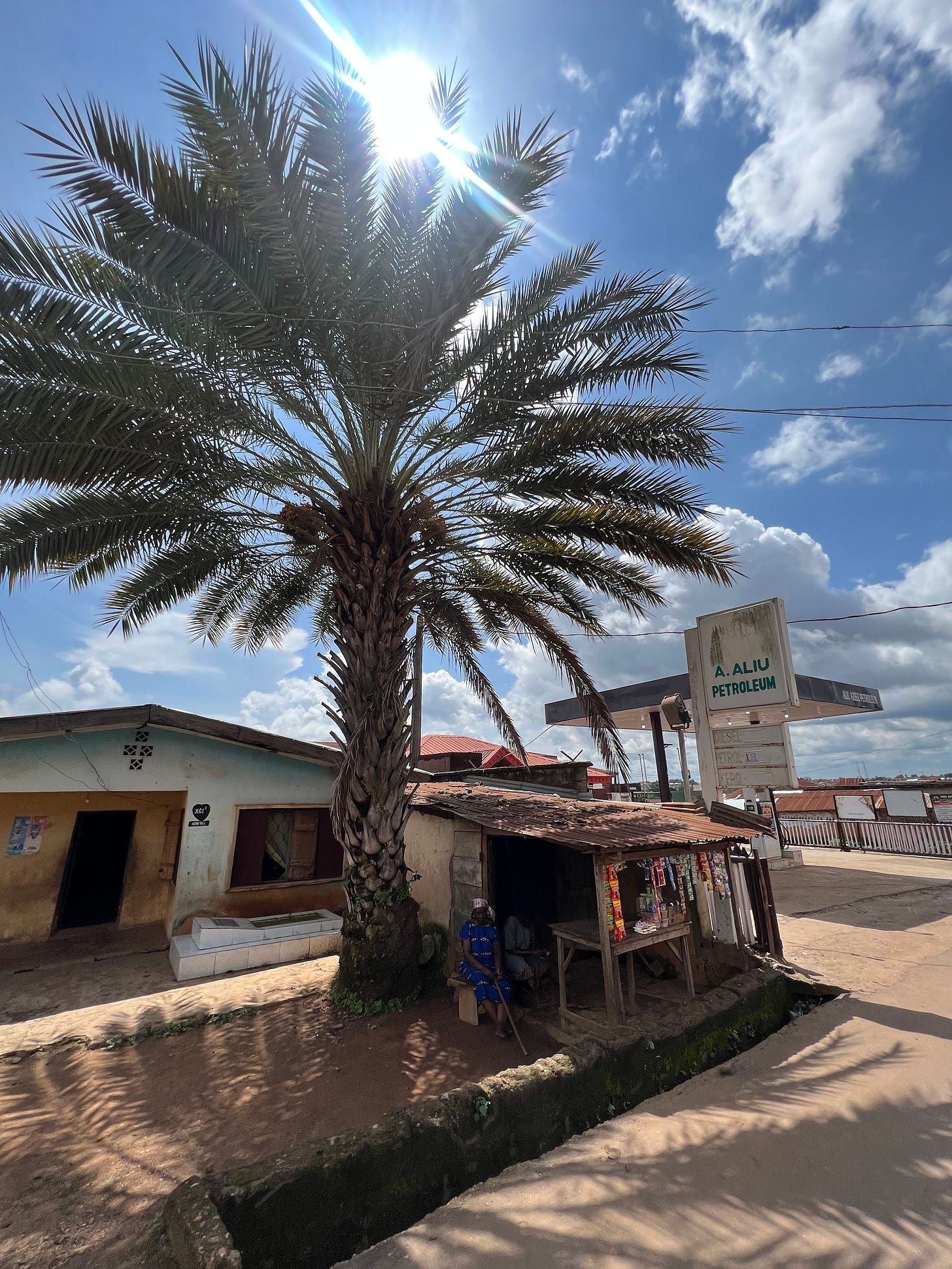
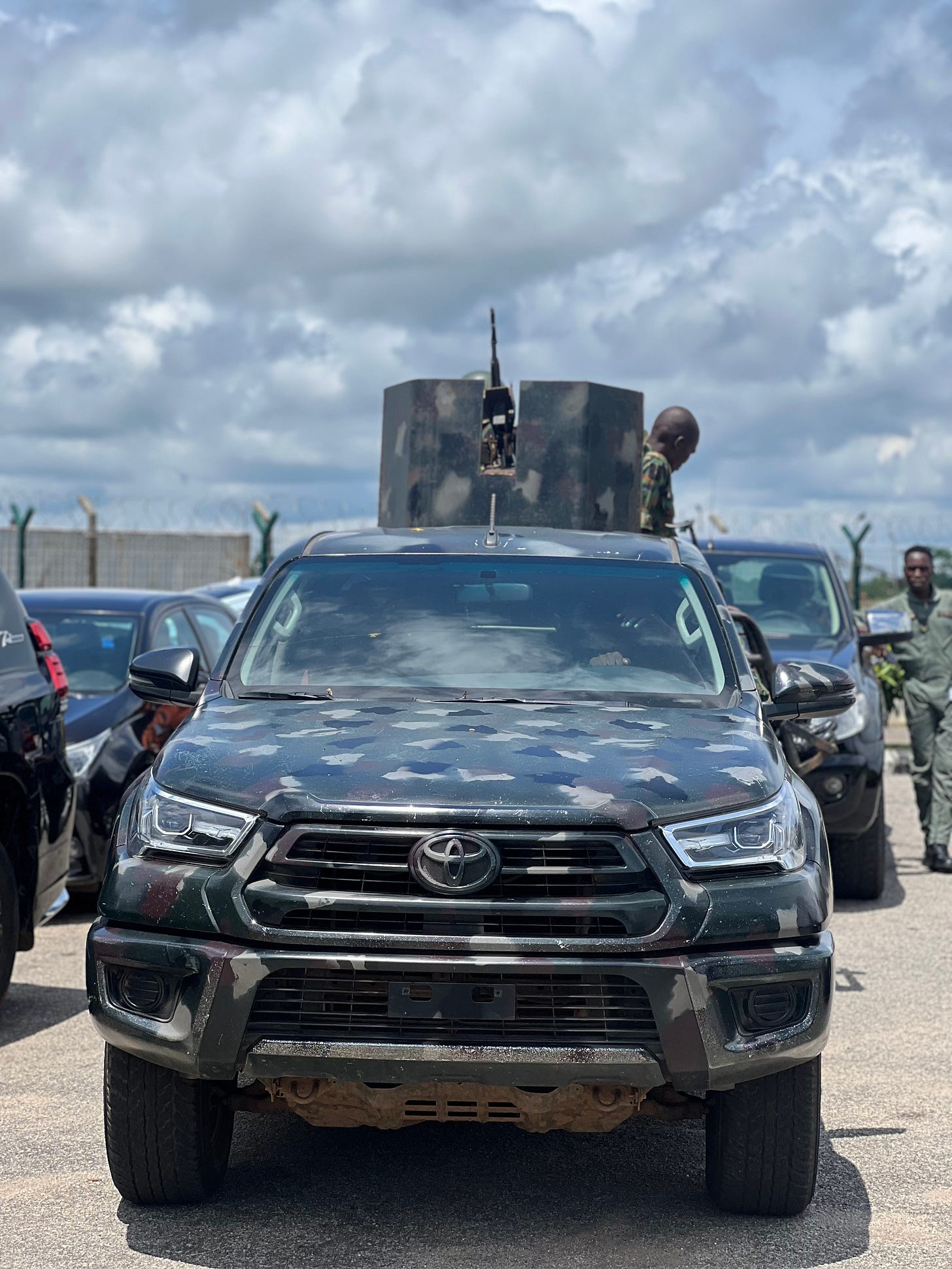
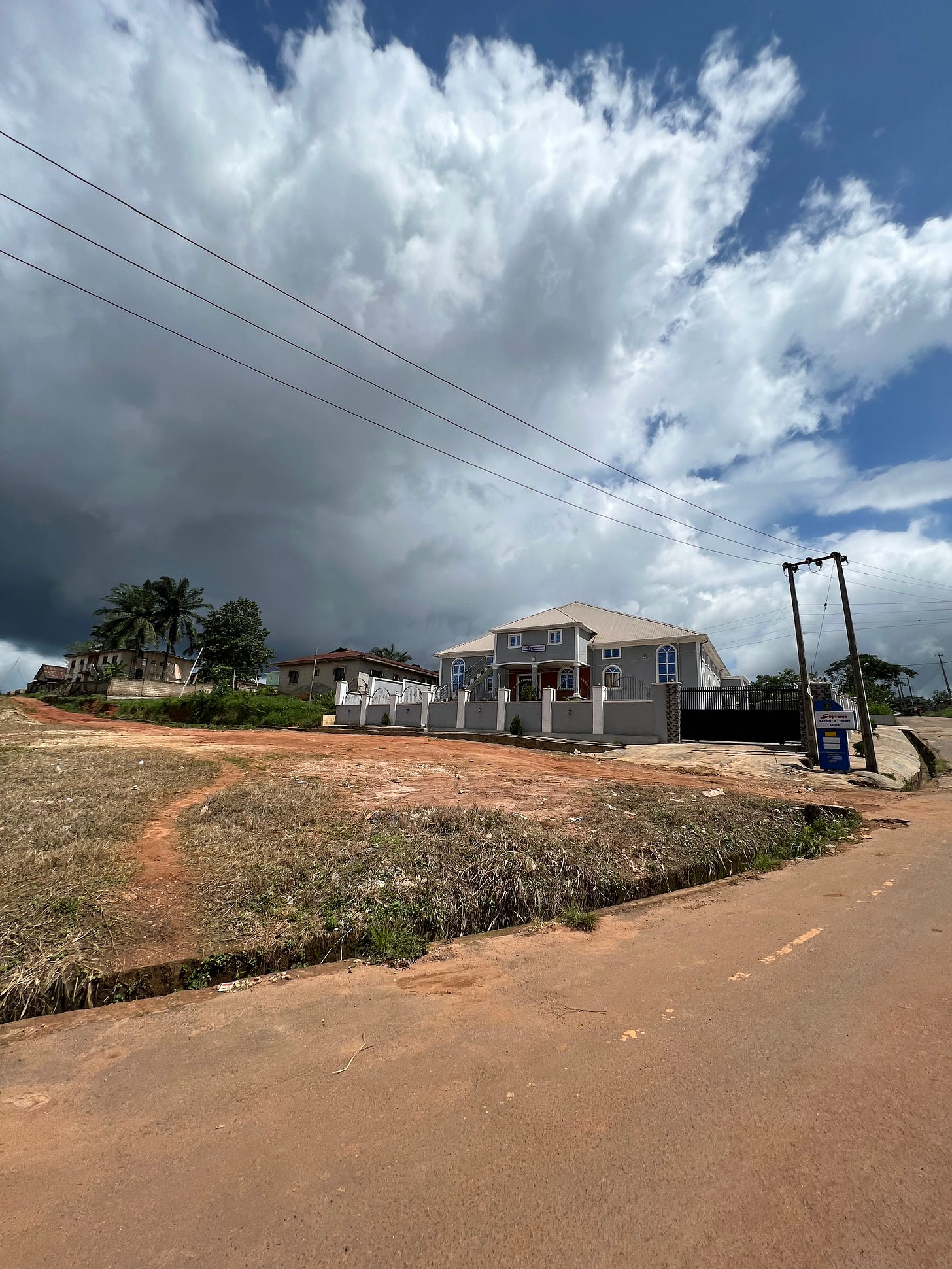
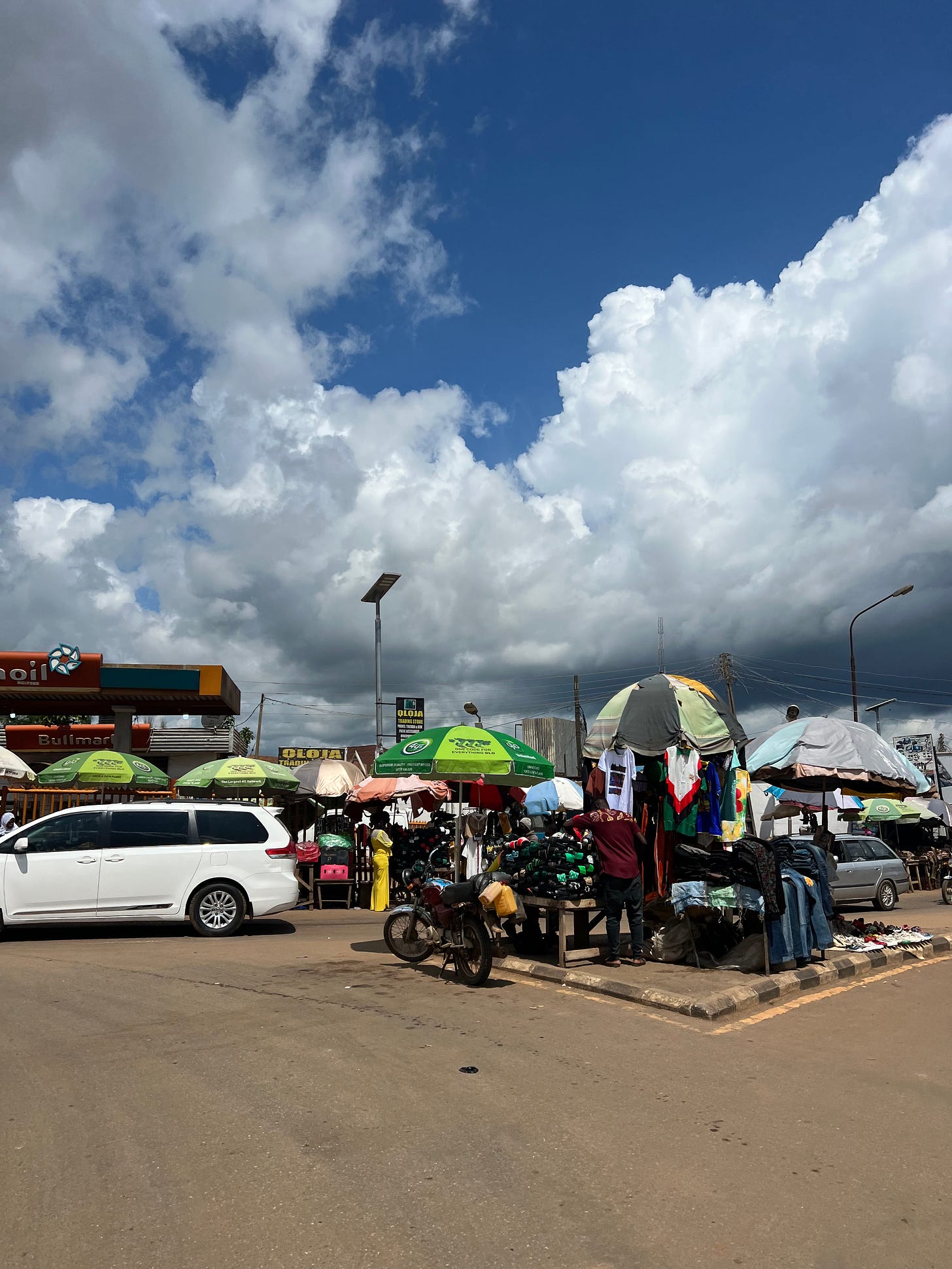
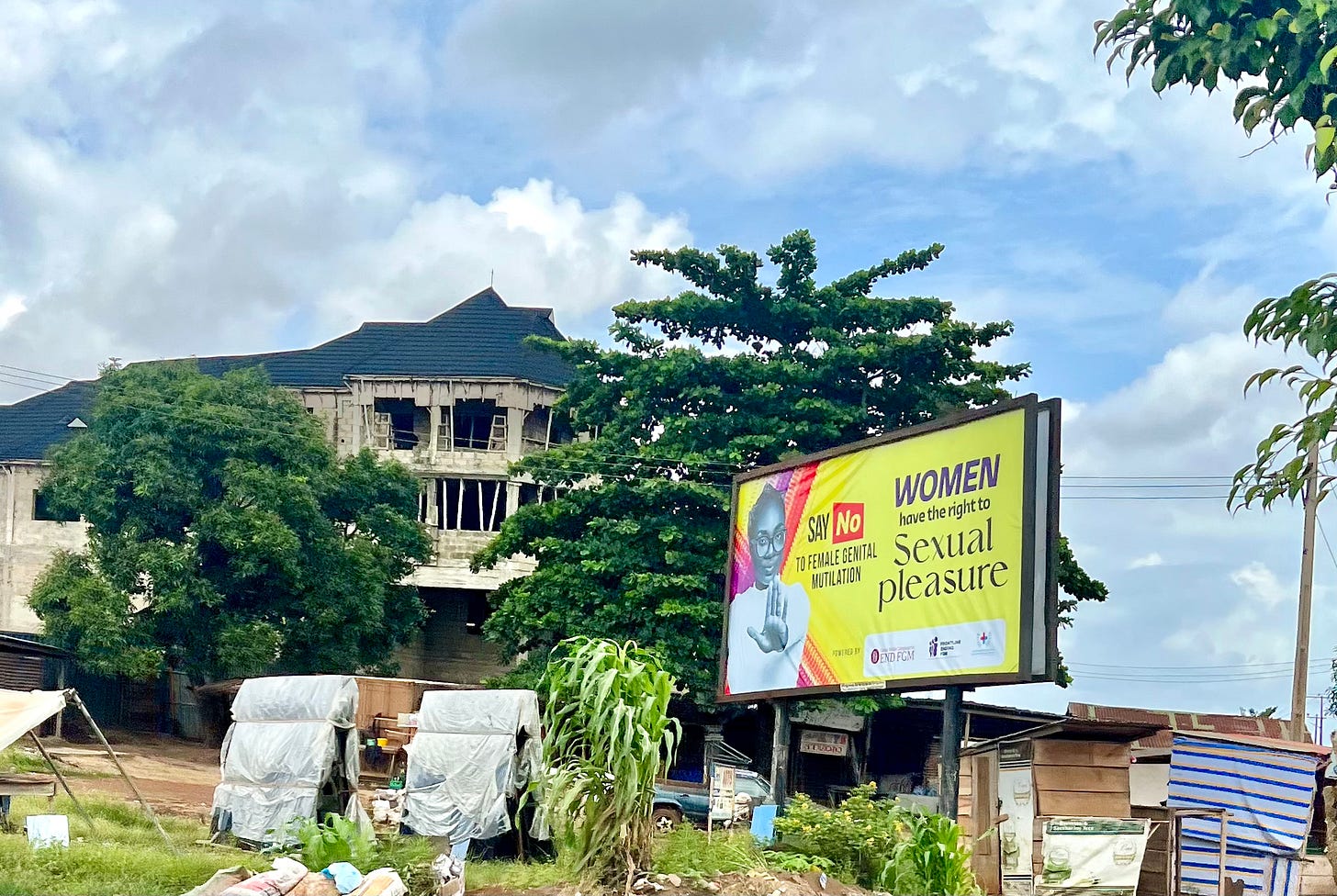


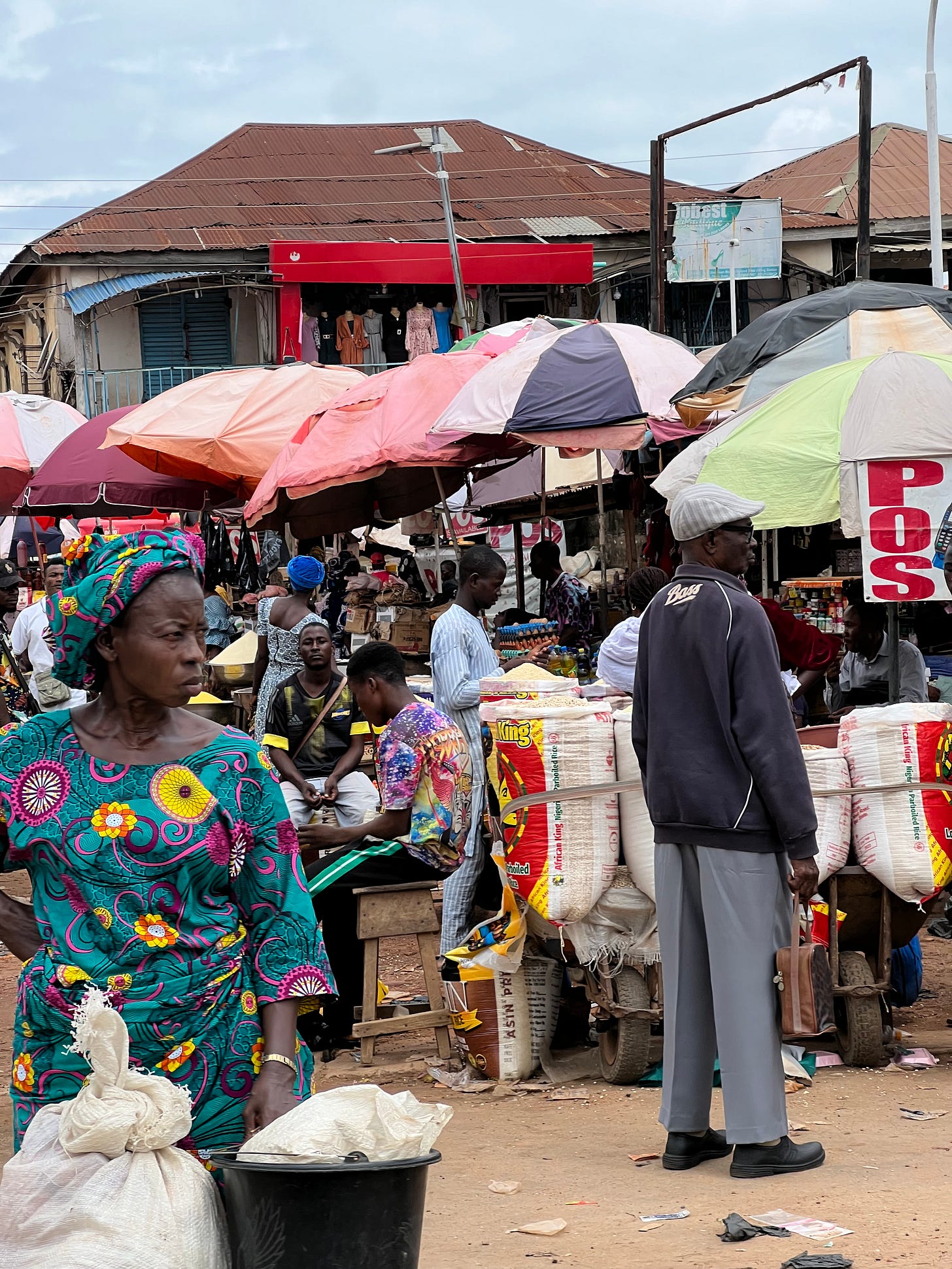
Yodi, a beautiful and haunting write up. I was captivated by the detail in the description of the journey and the atmosphere...... I could almost imagine the sights, sounds and smells. What struck me most was the juxtaposition between what was "normal" in the not to distant past, and what the situation is now. In some ways, it leaves me feeling sad that the things we enjoyed as children and young adults are gone forever, to be replaced by this sense of unease and insecurity. Oh well, I suppose that is what memories are for? we pray that they will eventually give way to fulfilled dreams of security, peace and plenty for the future and our generations to come. "the struggle continues".........
Yodi, a beautiful and haunting write up. I was captivated by the detail in the description of the journey and the atmosphere...... I could almost imagine the sights, sounds and smells. What struck me most was the juxtaposition between what was "normal" in the not to distant past, and what the situation is now. In some ways, it leaves me feeling sad that the things we enjoyed as children and young adults are gone forever, to be replaced by this sense of unease and insecurity. Oh well, I suppose that is what memories are for? we pray that they will eventually give way to fulfilled dreams of security, peace and plenty for the future and our generations to come. "the struggle continues".........